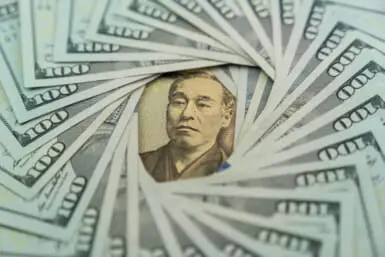Last week, it was announced in Spain that a draft had been approved for a bill that would introduce menstrual leave. Women suffering severe menstrual pain and discomfort will, if the bill passes, benefit from up to three days of government-financed time off per month. This would make Spain the first European country to introduce menstrual leave.
The news was celebrated by many, especially in contrast to the pro-life and pro-choice discourse happening online, but in many sources, reporters are citing Taiwan and Japan as prime examples of countries with menstrual leave. It is true that when Japan introduced menstrual leave as an industrial right in 1947, it was the second country in the world to do so. However, in the last 70 years there has been much debate over whether the Japanese government should abolish menstrual leave and criticism of what it actually looks like in practice.
Industrial Right Does Not Equal Normalization
“When a woman, for whom work during menstrual periods is especially difficult, has requested leave, the employer shall not employ that woman during that period.” This is what Article 68 of the Labour Standards Law states. While there is good intention behind this statement, it remains vague and leaves much room for interpretation. Women are entitled to time off when suffering from menstrual pain, but whether this time off is paid or unpaid is at the discretion of the employer.
Nikkei released in March 2022 the results of a nationwide survey that shows that less than 10 percent of women apply for menstrual leave. According to the survey, women feel reluctant to apply for menstrual leave when they have a male superior or because so few other women actually take those days off. There are other societal factors such as the expectation to work while sick or even the shame associated with menstruation.
Other outside factors also come into play. Because there is no system in place or clear instructions from the government on how to apply for menstrual leave, it varies greatly from company to company. One company could require a doctor’s slip or another form of proof that a woman is in severe pain to justify taking the day off.

Accepting Women as Menstruating Beings
You could say Japan’s menstrual leave and the conversations surrounding it are somewhat of a show of hypocrisy when you consider how shameful periods are considered. If Japan truly cared about women’s health, so much as to introduce menstrual leave, convenience store clerks would not nonchalantly whip out a brown paper bag to pack pads at the register.
While Article 68 is meant to protect working women regardless of employment status, much can be improved when it comes to how women can benefit from menstrual leave.
Periods, and every product and medication that come along with them, are also a financial, social and human rights issue. Organizations like PERIOD are fighting to resolve this at a government level in cities around the globe, including Tokyo.









